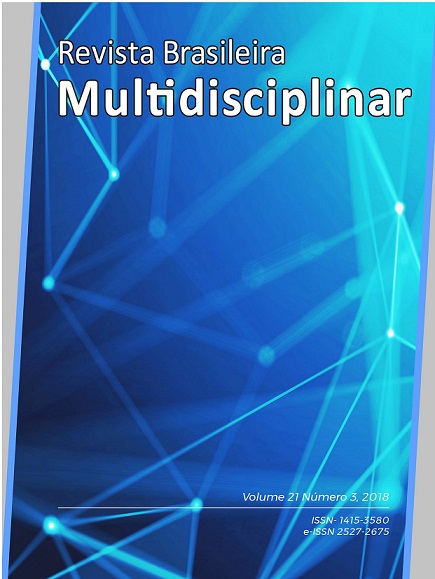Óleo de melaleuca para o tratamento da acne: as evidências da literatura
Main Article Content
Abstract
A acne é uma disfunção cutânea que pode acometer pessoas de diversas faixas etárias. Para esta disfunção existem vários tipos de tratamento, como a utilização de antibióticos (tópicos e sistêmicos), retinóides, terapia hormonal, entre outros. Alguns tratamentos são mais eficazes que outros, porém podem apresentar efeitos adversos. Indícios demonstram que o tratamento com óleo de melaleuca é eficiente, porém ainda não muito utilizado. Considerando a importância deste assunto, este trabalho teve como objetivo comprovar, com base na literatura, a eficácia do óleo de melaleuca em pele acneica, comparando, com outros tratamentos. Para isto, foram pesquisados principalmente artigos científicos. Também foram utilizadas as informações mais recentes a respeito do tema. Verificou-se que o óleo de melaleuca não é tratamento de primeira escolha para acne. Contudo, por ser uma matéria-prima de origem vegetal, acredita-se que possa ser facilmente aceito pelos indivíduos de pele acneica, com menos indícios de efeitos adversos do que a maioria dos outros tratamentos. Desta forma, conclui-se que o óleo de melaleuca é uma alternativa viável, diversas vezes estudado por suas características antimicrobiana, antifúngica e anti-inflamatória. Formulações tópicas com óleo de melaleuca são uma opção de fácil acesso, eficazes e seguras.
Downloads
Article Details
• The author (s) warrant that the contribution is original and unpublished and that it is not in the process of being evaluated in other journal (s);
• The journal is not responsible for the opinions, ideas and concepts issued in the texts, as they are the sole responsibility of the author (s);
• Publishers have the right to make textual adjustments and to adapt the article to the rules of publication.
Authors retain the copyright and grant the journal the right of first publication, with the work simultaneously licensed under the Creative Commons Attribution License, which allows the sharing of work with acknowledgment of authorship and initial publication in this journal.
Authors are authorized to take additional contracts separately, for non-exclusive distribution of the version of the work published in this journal (eg publish in institutional repository or as book chapter), with acknowledgment of authorship and initial publication in this journal.
Authors are allowed and encouraged to publish and distribute their work online (eg in institutional repositories or on their personal page) at any point before or during the editorial process, as this can generate productive changes as well as increase the impact and citation of the published work (See The Effect of Free Access) at http://opcit.eprints.org/oacitation-biblio.html





